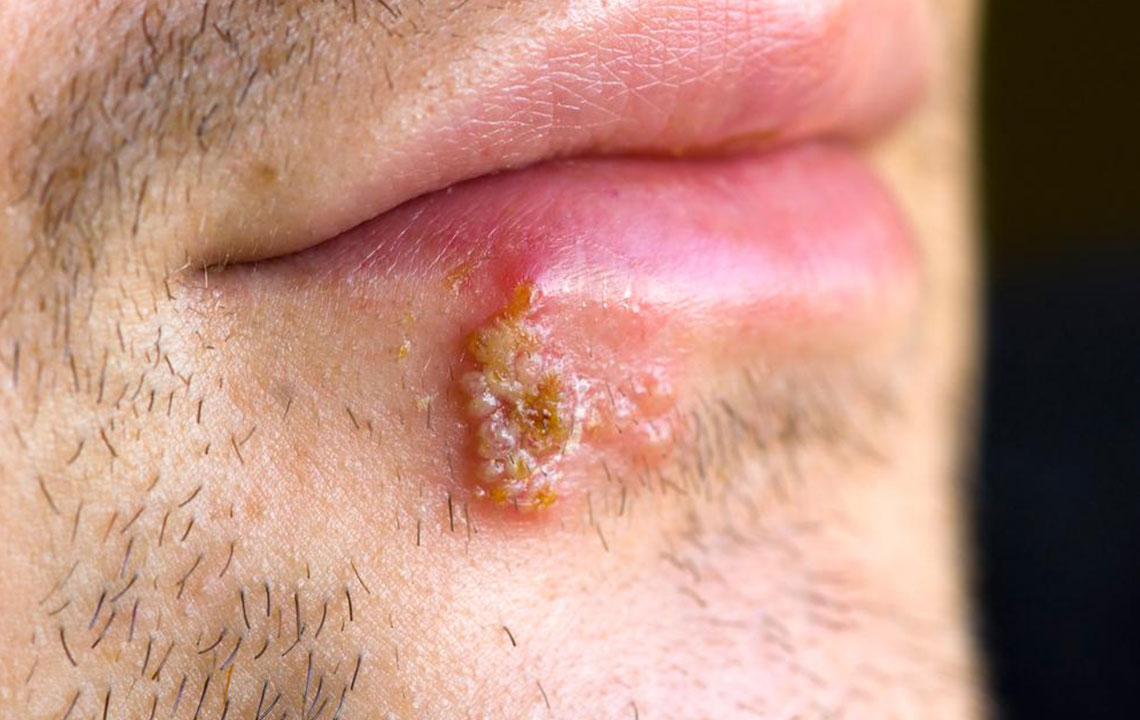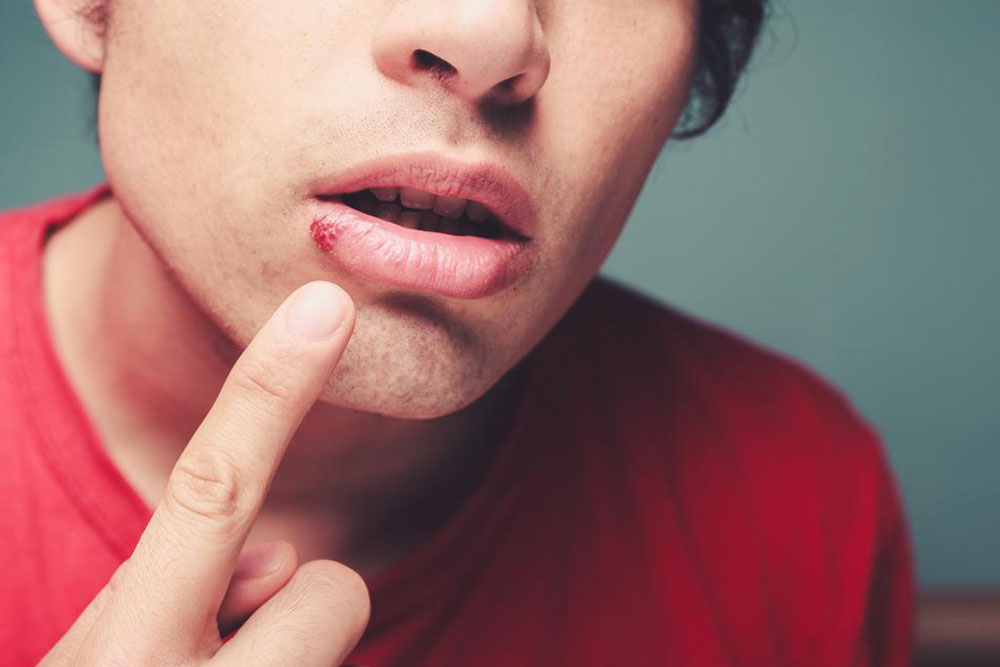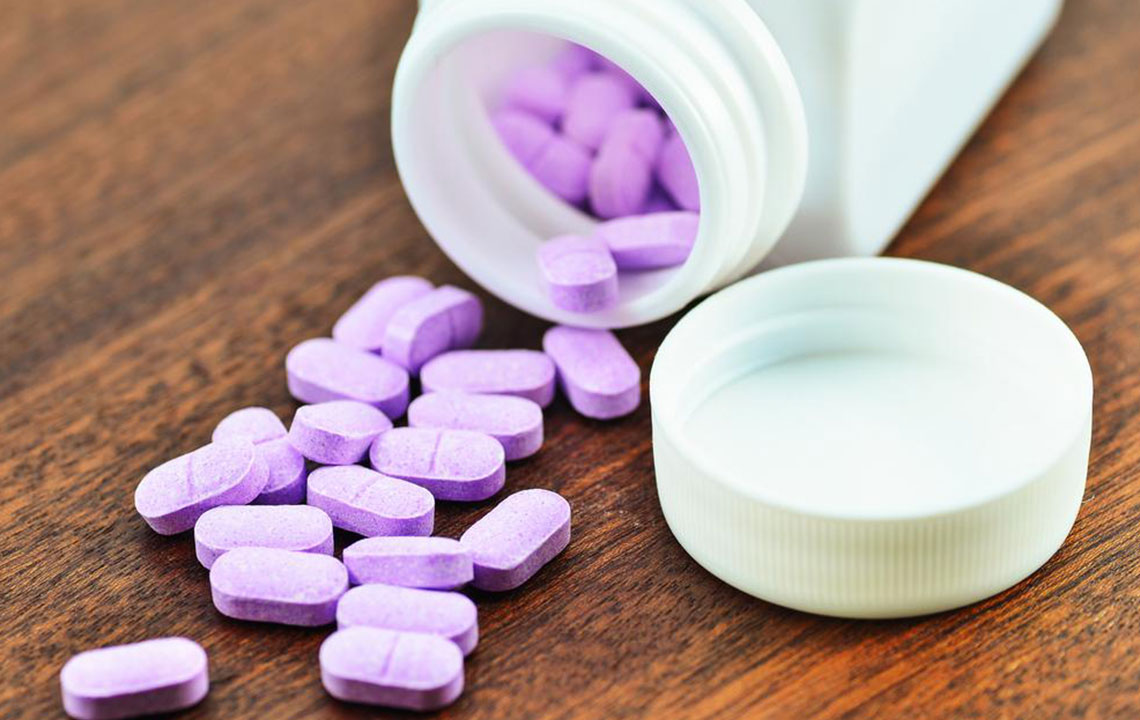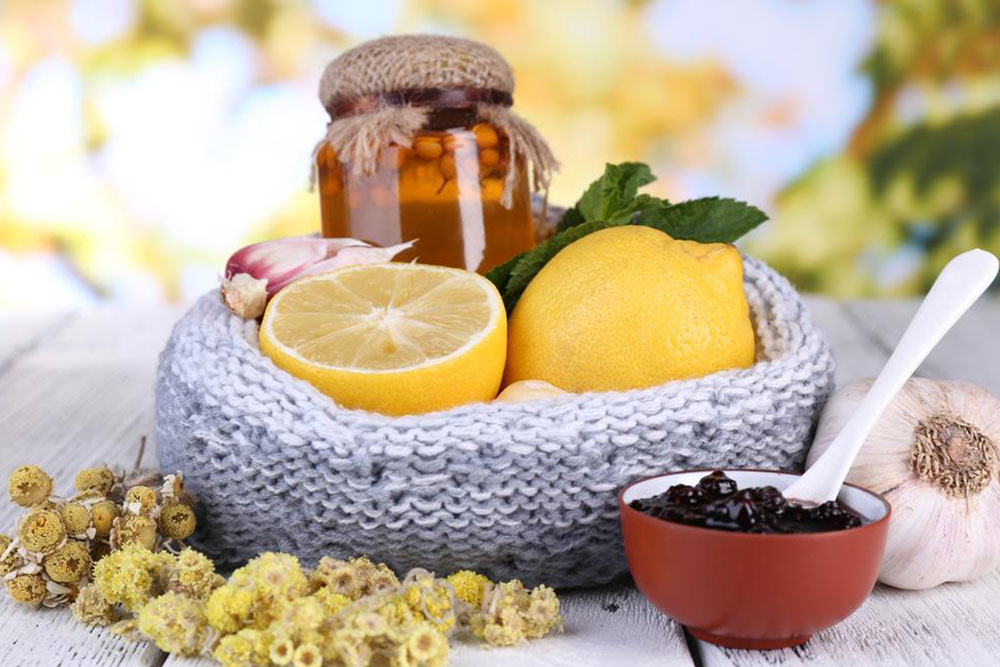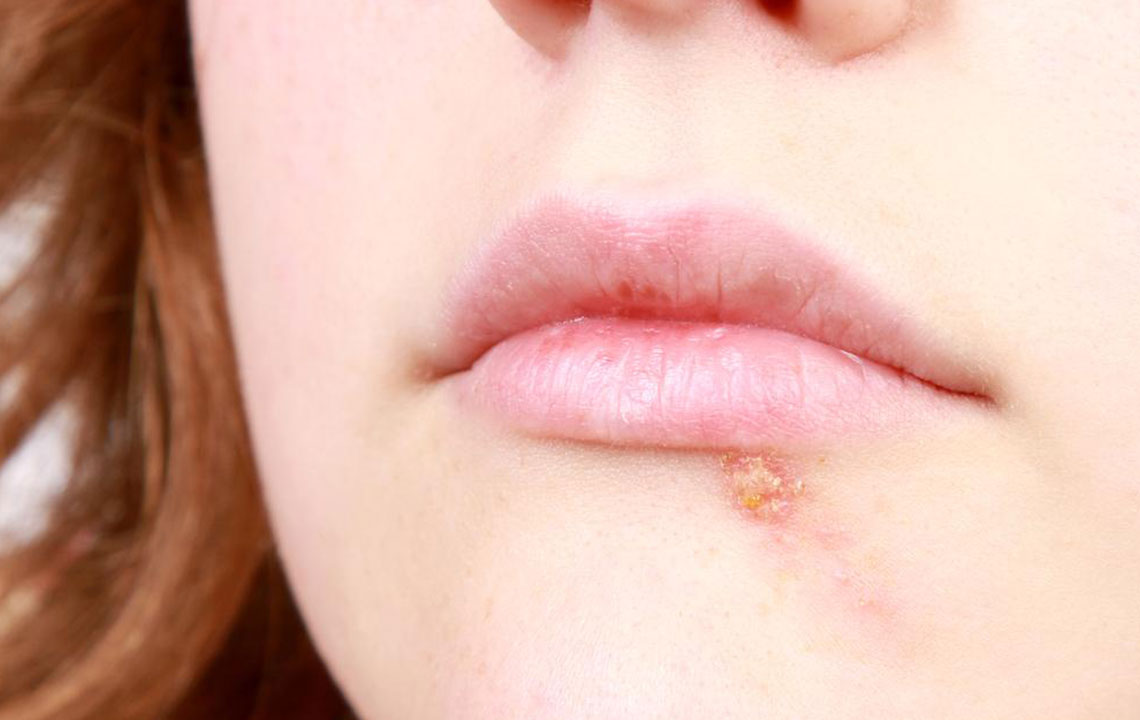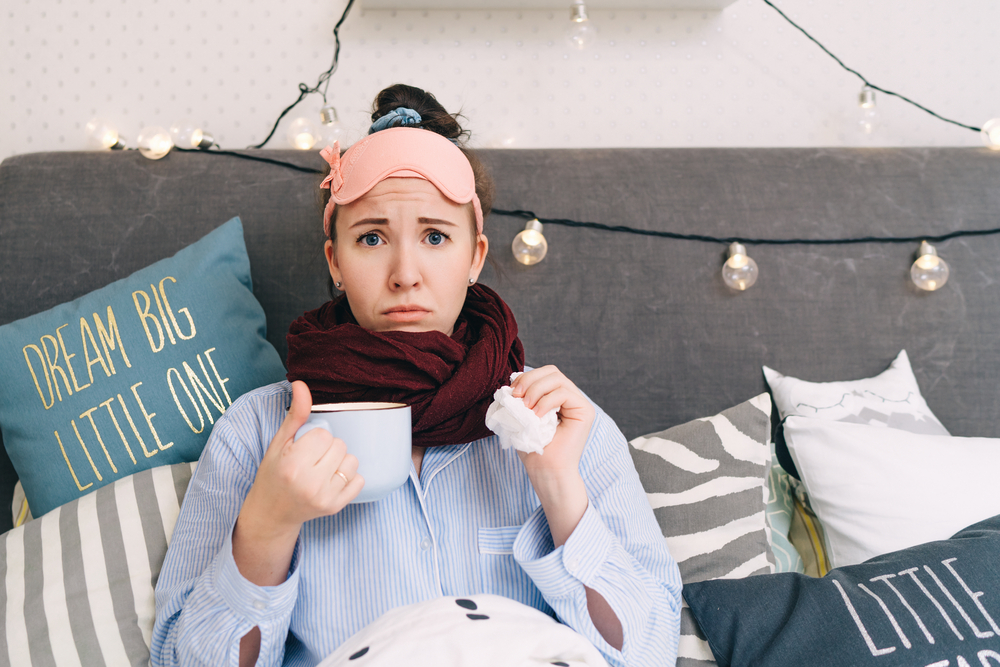Top Home Remedies and Treatments for Cold Sores
Discover effective home remedies and treatment options for cold sores, including ice therapy, aloe vera, lemon balm, and proper sun protection. Learn how stress management and medications can help reduce flare-ups and discomfort. This guide provides practical tips to manage cold sore symptoms and promote faster healing naturally and safely.
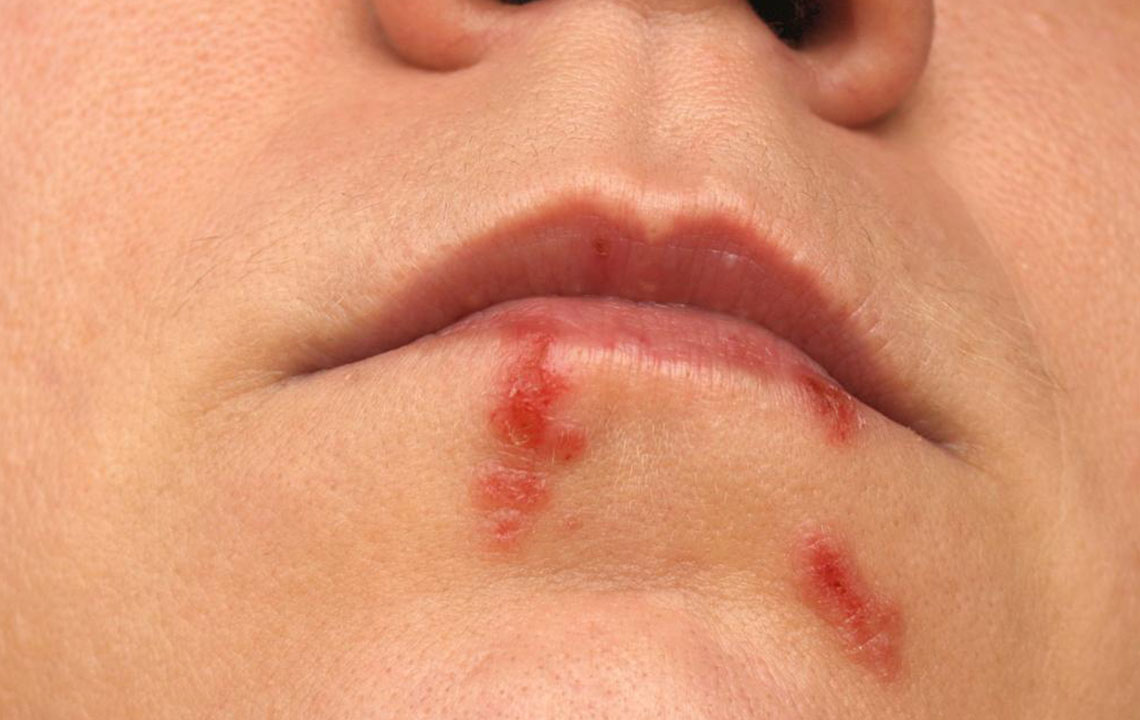
Top Home Remedies and Treatments for Cold Sores
Cold sores, caused by the herpes simplex virus, are painful blisters that appear around the lips. These lesions are filled with fluid and can cause burning sensations, tingling, redness, and soreness. The virus predominantly affects individuals aged 14 to 60 and spreads easily through contact. Though most cases are harmless, the virus remains dormant in the body and may reactivate under stress or hormonal changes. While there is no cure, several home remedies and treatments can alleviate symptoms and speed healing.
The goal of cold sore treatments is to ease discomfort, reduce inflammation, and prevent outbreaks. Some effective remedies include:
Applying Ice Packs
Using ice packs can reduce swelling and numb pain. Place an ice cube on the sore for up to 20 minutes, three times daily, avoiding skin damage.
Aloe Vera Gel
Known for its soothing and anti-inflammatory properties, aloe vera gel can calm redness and irritation. Freeze aloe vera gel into small cubes and apply twice daily for relief.
Lemon Balm
This herb from the mint family can reduce swelling and redness. Use lemon balm tea or buy lip balms containing it to soothe affected areas.
Sunscreen Use
Protect your lips from harmful UV rays during outbreaks. Applying sunscreen forms a barrier that shields inflamed skin from further damage and promotes healing.
Stress Management
Stress triggers many cold sore flare-ups. Engage in regular exercise, relaxation techniques, and fun activities to keep stress levels under control and reduce recurrence.
Medications
If cold sores are persistent or frequent, consult a healthcare provider for antiviral medications. Over-the-counter options like docosanol or benzyl alcohol can decrease severity and healing time. Pain relievers such as ibuprofen or acetaminophen may also help manage discomfort. Always seek medical advice before using prescription meds or OTC drugs.

